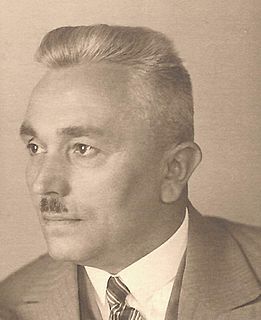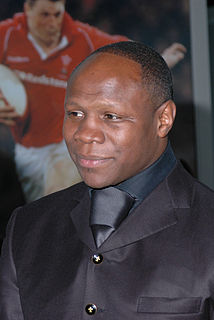A Quote by L. Neil Smith
The quintessential exercise of free speech in a culture supposedly built on that concept and dedicated to it, the Internet's development is as historically important to humanity perhaps even more so as Gutenberg 's invention of the printing press.
Related Quotes
A well-functioning democracy has a culture of free speech, not simply legal protection of free speech. It encourages independence of mind. It imparts a willingness to challenge prevailing opinion through both words and deeds. Equally important, it encourages a certain set of attitudes in listeners, one that gives a respectful hearing to those who do not embrace the conventional wisdom. In a culture of free speech, the attitude of listeners is no less important than that of speakers.
They've been screaming about the death of literacy for years, but I think TV is the Gutenberg [printing] press. I think TV is the only thing that keeps us vaguely in democracy even if it's in the hands of the corporate culture. If you're an artist you write in your time. Moaning about the fact that maybe people read more books a hundred years ago - that's not true. I think the same percentage has always read.
In one sense, the Internet is like the discovery of the printing press, only it's very different. The printing press gave us access to recorded knowledge. The Internet gives us access, not just to knowledge, but to the intelligence contained in people's crania, access to the intelligence of people on a global basis.
I wish that Google would realize its own power in the cause of free speech. The debate has been often held about Google's role in acceding to the Chinese government's demands to censor search results. Google says that it is better to have a hampered internet than no internet at all. I believe that if the Chinese people were threatened with no Google, they might even rise up and demand free speech - free search and links - from their regime. Google lives and profits by free speech and must use its considerable power to become a better guardian of it.






































